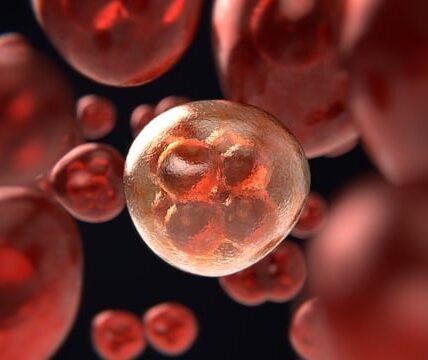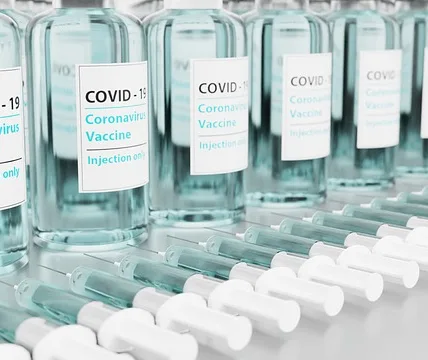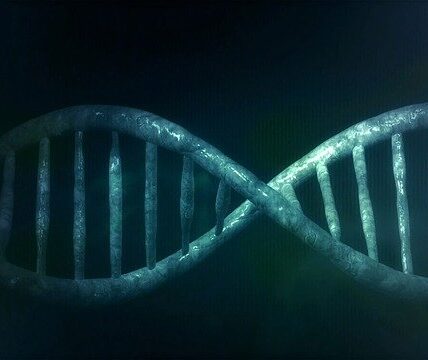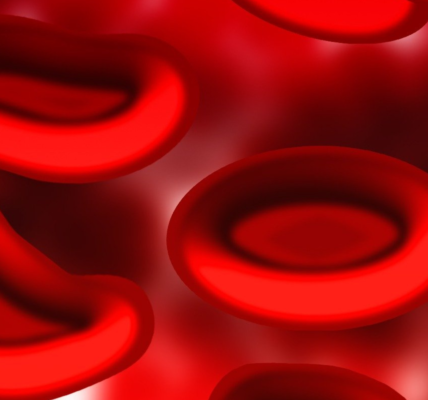In the realm of brain cancer treatment, one of the major challenges lies in effectively delivering chemotherapy drugs through the tightly coiled blood vessels of the brain. However, a groundbreaking development in the form of a biodegradable ultrasound device could revolutionize brain cancer treatment, potentially leading to improved patient outcomes and increased survival rates. The primary hurdle in brain cancer treatment lies not in the drug’s ability to eliminate cancer cells, but rather in safely reaching these cells without causing harm to the patient.
A Promising Breakthrough for Enhanced Brain Cancer Treatment Utilizing ultrasound technology offers a potential solution for effectively delivering chemotherapy drugs to cancer cells. The intricate network of blood vessels in the brain acts as a barrier, preventing the entry of large and potentially harmful molecules, including chemotherapy drugs. Ultrasound waves have the capacity to agitate cells, creating gaps through which the drugs can pass. Earlier methods involved strategically placing ultrasound devices around the skull, but they posed a risk of tissue damage. Biomedical engineer Thanh Nguyen proposed an alternative: the use of an implanted ultrasound device placed directly inside the skull. This approach eliminates the need for external devices and offers a more targeted and efficient solution. However, the existing implantable ultrasound device is constructed from ceramic, a material that carries potential toxicity. Consequently, surgical removal of the ceramic device after treatment poses considerable risks.
Biodegradable Ultrasound Device Demonstrates Effectiveness and Safety in Mouse Trials Researchers at the University of Connecticut tackled this challenge by employing shattered glycine crystals mixed with a biodegradable polymer known as PCL. This innovative material enabled the creation of a safe and effective ultrasound device. The biodegradable ultrasound device performs on par with its ceramic counterpart but without the associated risks.
To evaluate its efficacy, the device underwent initial testing on mice, yielding promising results. The mice received treatment with PTX, a potent chemotherapy drug. One group received PTX alone, another group received PTX combined with the ceramic ultrasound device, and the remaining mice were treated with PTX alongside the biodegradable ultrasound device. The group treated with PTX and the biodegradable ultrasound device exhibited the most successful outcomes. Furthermore, over a six-month period, the biodegradable implant demonstrated no adverse effects on the mice’s health. The subsequent phase of this research will involve assessing efficacy and safety in larger animal models.
A Beacon of Hope for Brain Cancer Patients If the biodegradable implant successfully passes all required trials, it holds the potential to bring hope to over 24,000 individuals affected by brain cancer each year in the United States. By overcoming the challenges associated with delivering chemotherapy drugs to the brain, this revolutionary device could greatly enhance the effectiveness of brain cancer treatment, improving patient prognosis and quality of life.





















